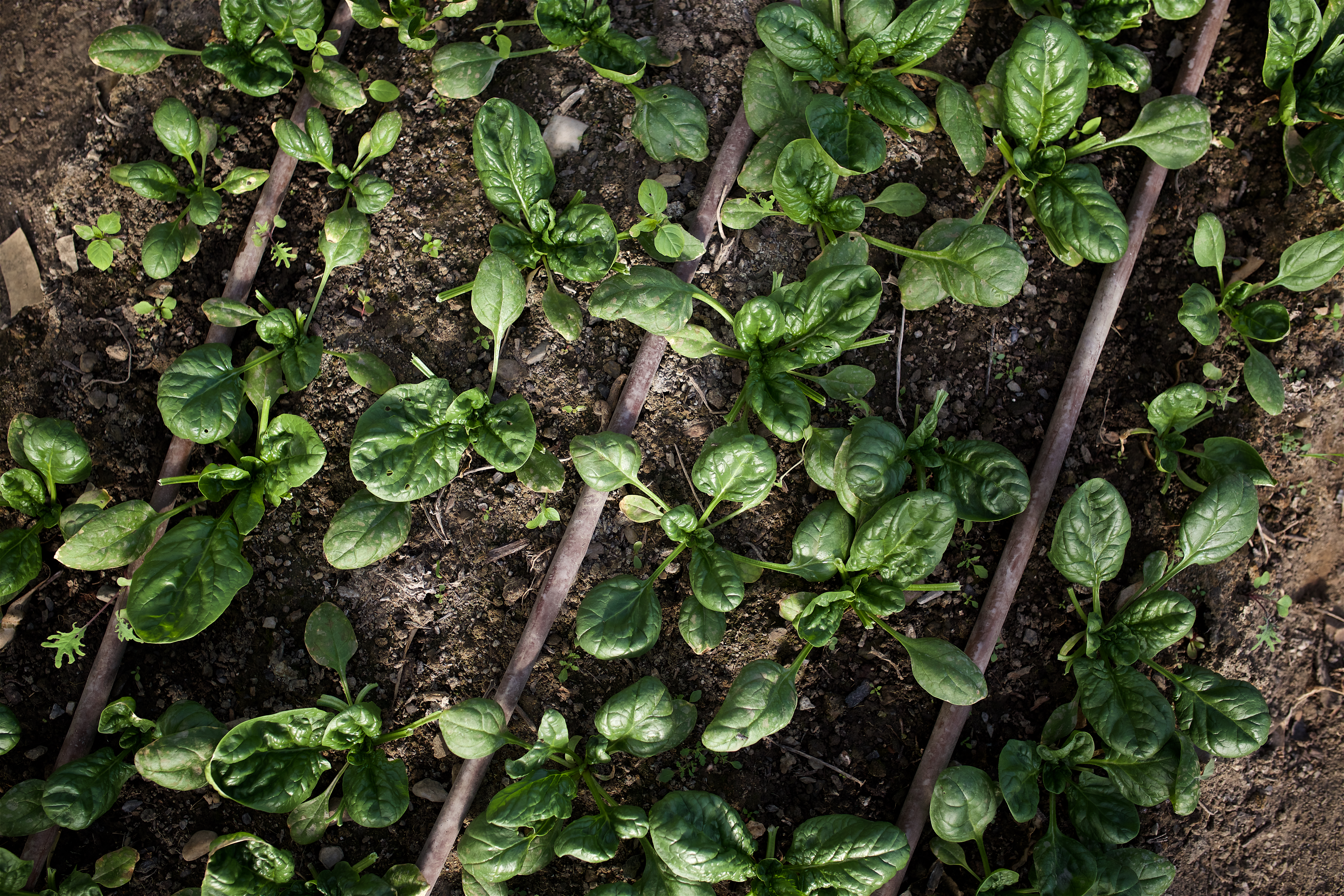
On-farm food safety tips for fruit & vegetable growers
By Ollie Cultrara, VT Agency of Agriculture, Food and Markets
Produce safety is about protecting our fruits and vegetables from becoming contaminated with pathogens that can make people sick. Irrigation water can contain pathogens, but you can manage the risks associated with different sources and uses of irrigation water.
Surface water is highest risk
Surface water sources, such as rivers or ponds, have a higher risk of containing human pathogens than ground water sources, like wells, or public drinking water systems. Test surface water sources for generic E. coli at least a few times during the growing season to understand the water quality. It’s a good idea to test ground water, too. Visit the Produce Safety Resources page information about water testing.
Check systems annually
Inspect water sources and irrigation systems annually for potential sources of contamination, such as cracks in well heads or animals or debris in pipes. Take steps to exclude wildlife and livestock from surface water used for irrigation. Install backflow prevention devices on plumbing systems.
Irrigate intentionally
When possible, use drip instead of overhead irrigation to conserve water and decrease the likelihood of water contacting produce that grows above the soil. Extend the time interval between overhead irrigation and harvest to provide opportunity for microbial die-off from environmental exposure. UVM Extension can provide technical support on irrigation systems.
The Food Safety Modernization Act (FSMA) Produce Safety Rule (PSR) includes specific requirements for preventing contamination from agricultural water. Whether or not your farm is subject to the PSR, the Vermont Produce Program can help you take the next step in building food safety culture on your farm. Get in touch with our team at AGR.FSMA@vermont.gov, (802) 461-5128, or visit our Produce Safety Resources page.
